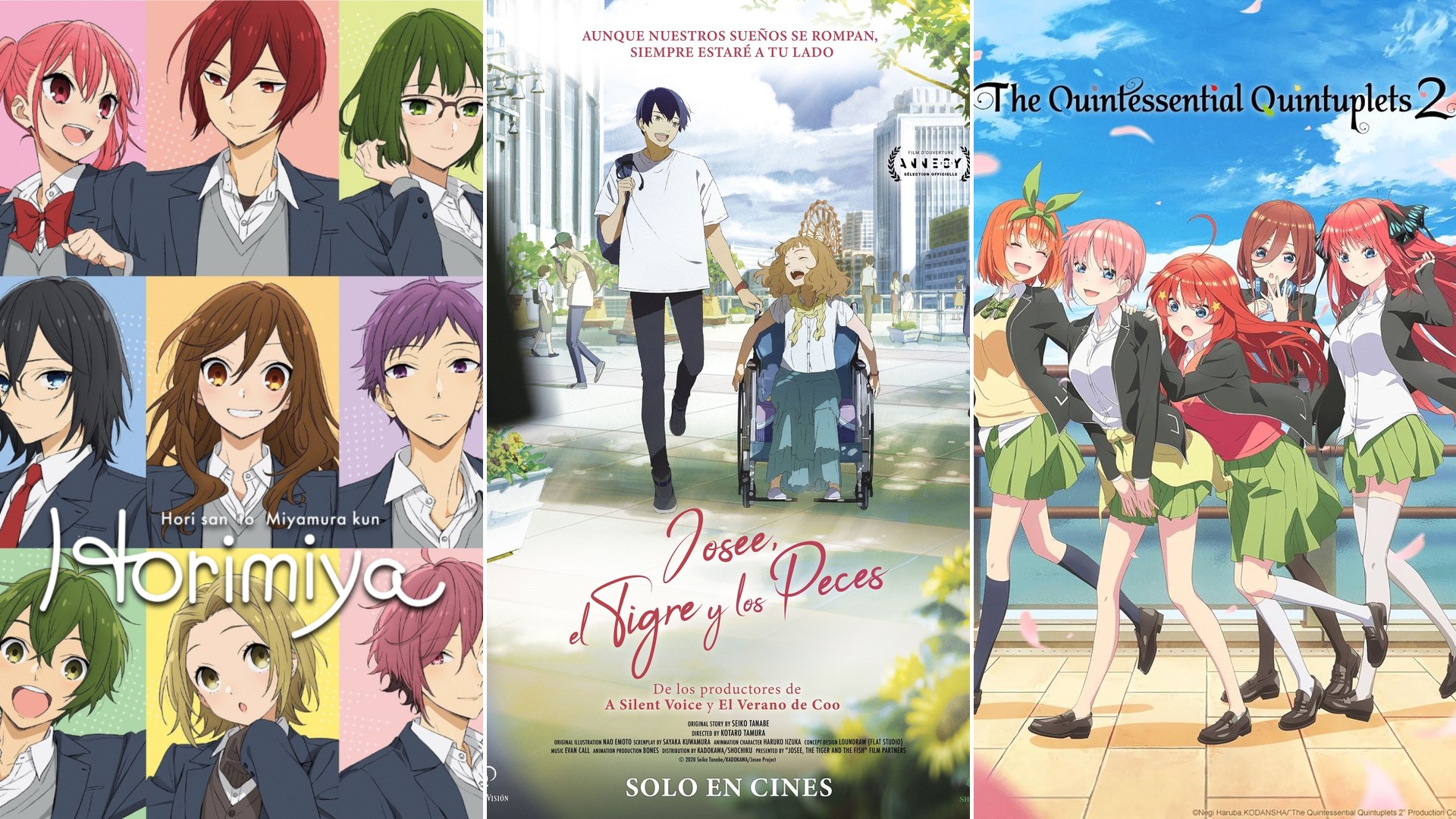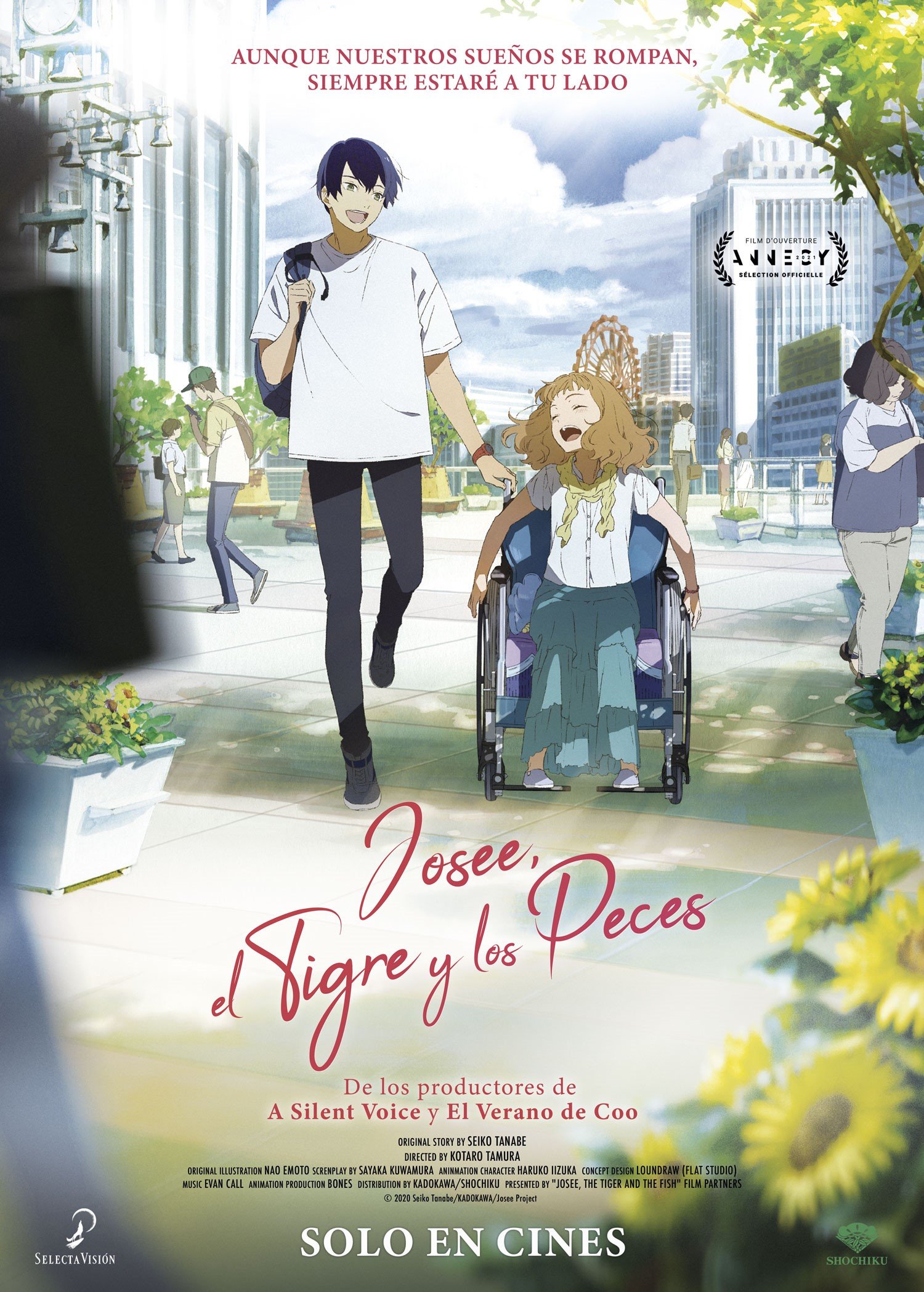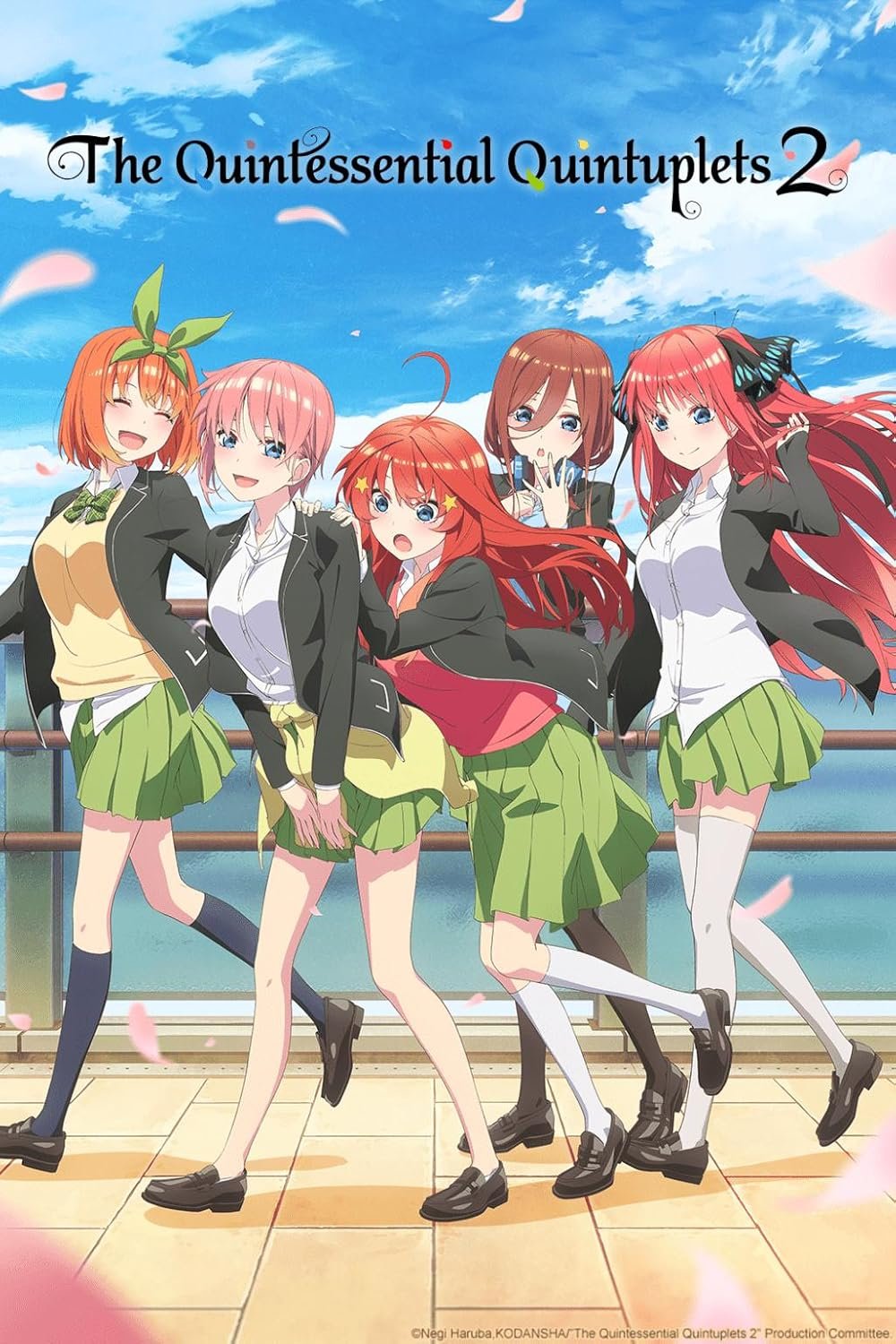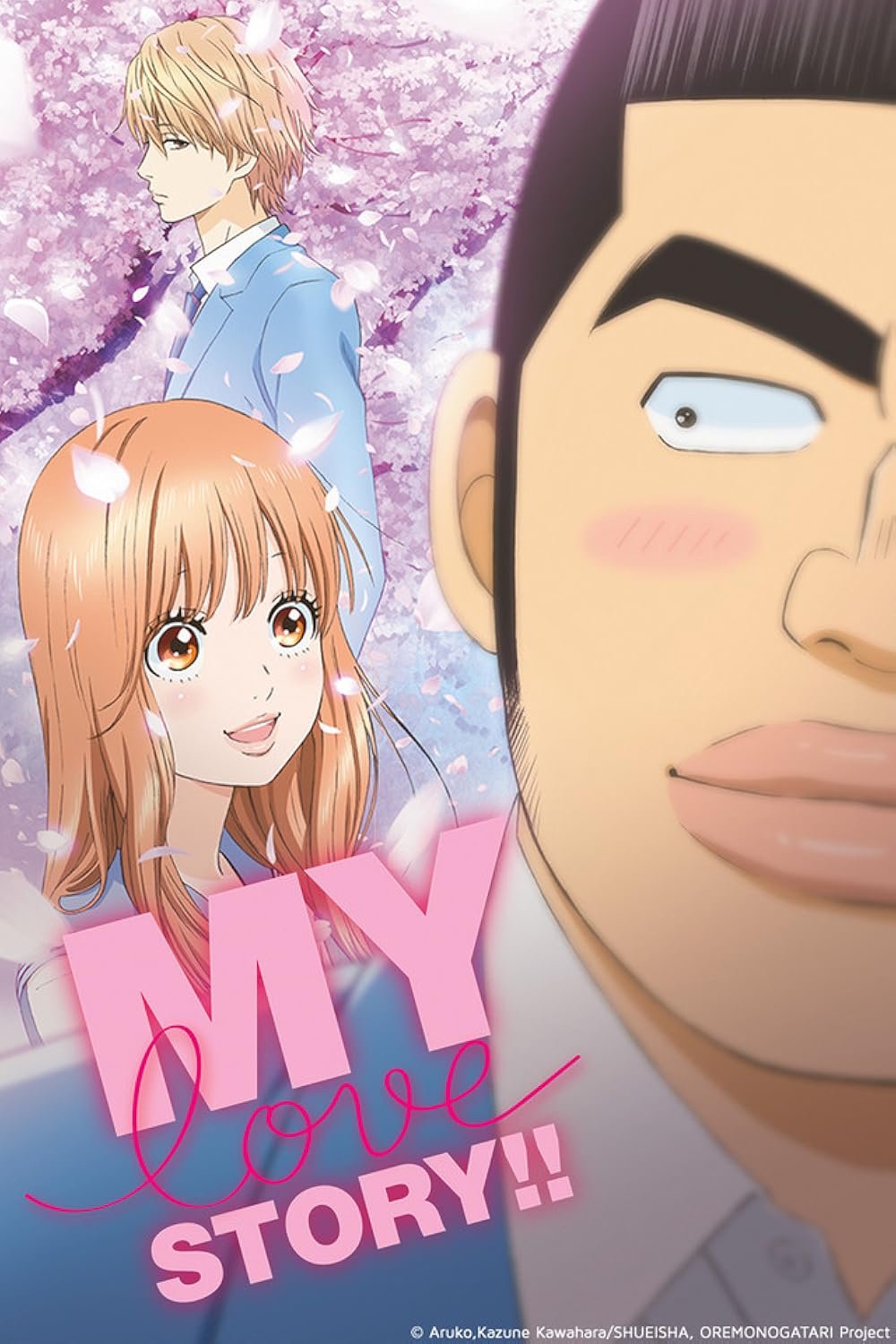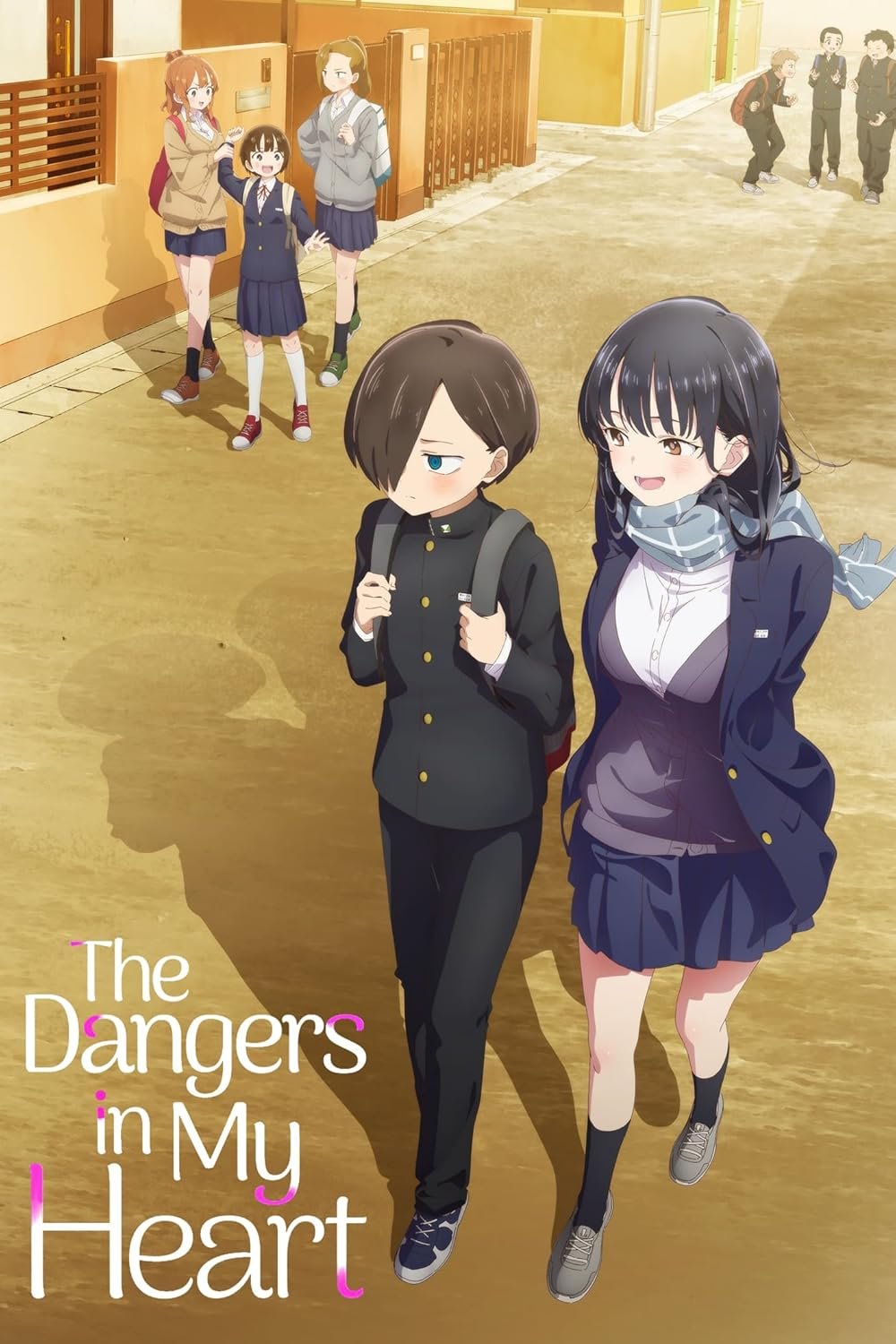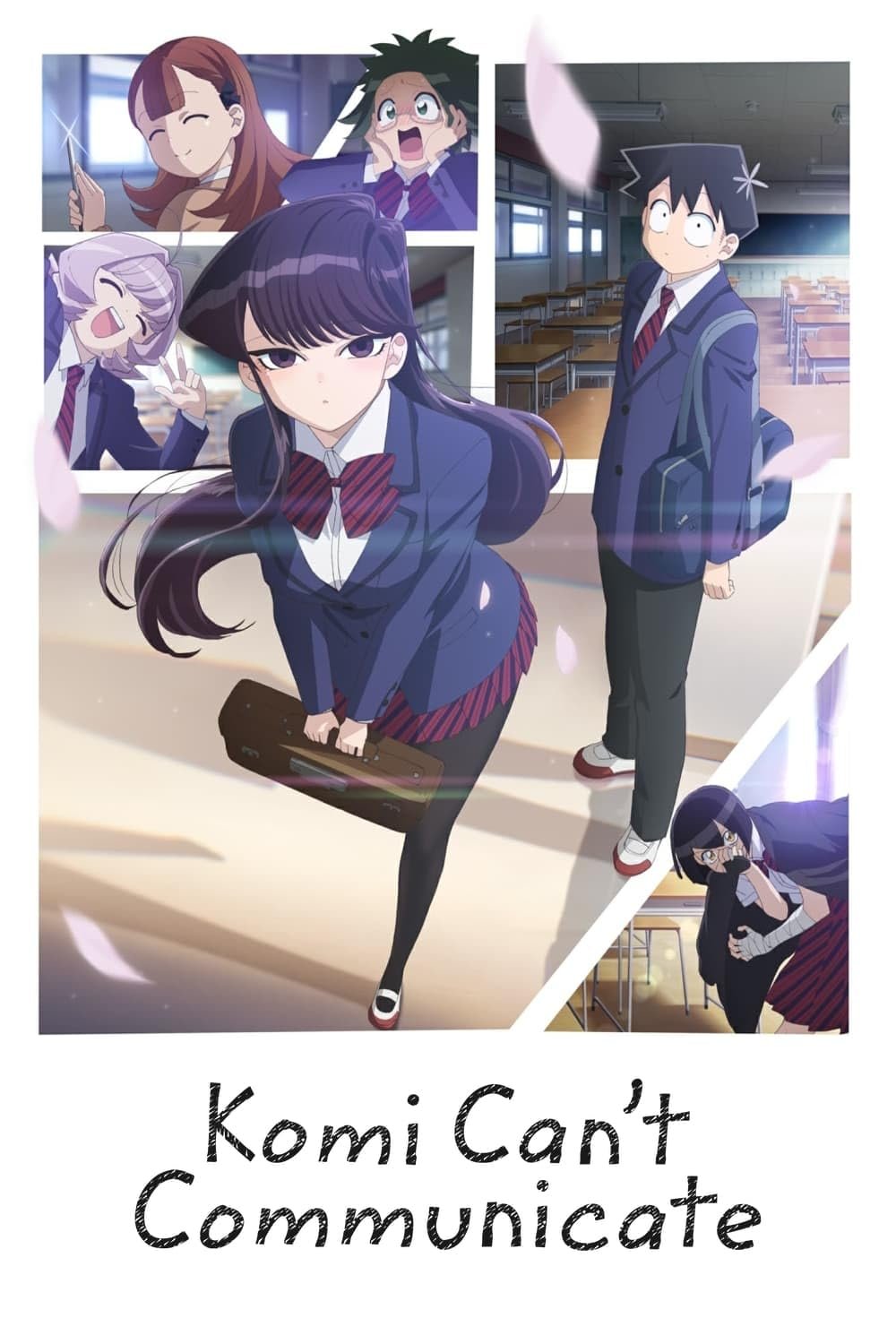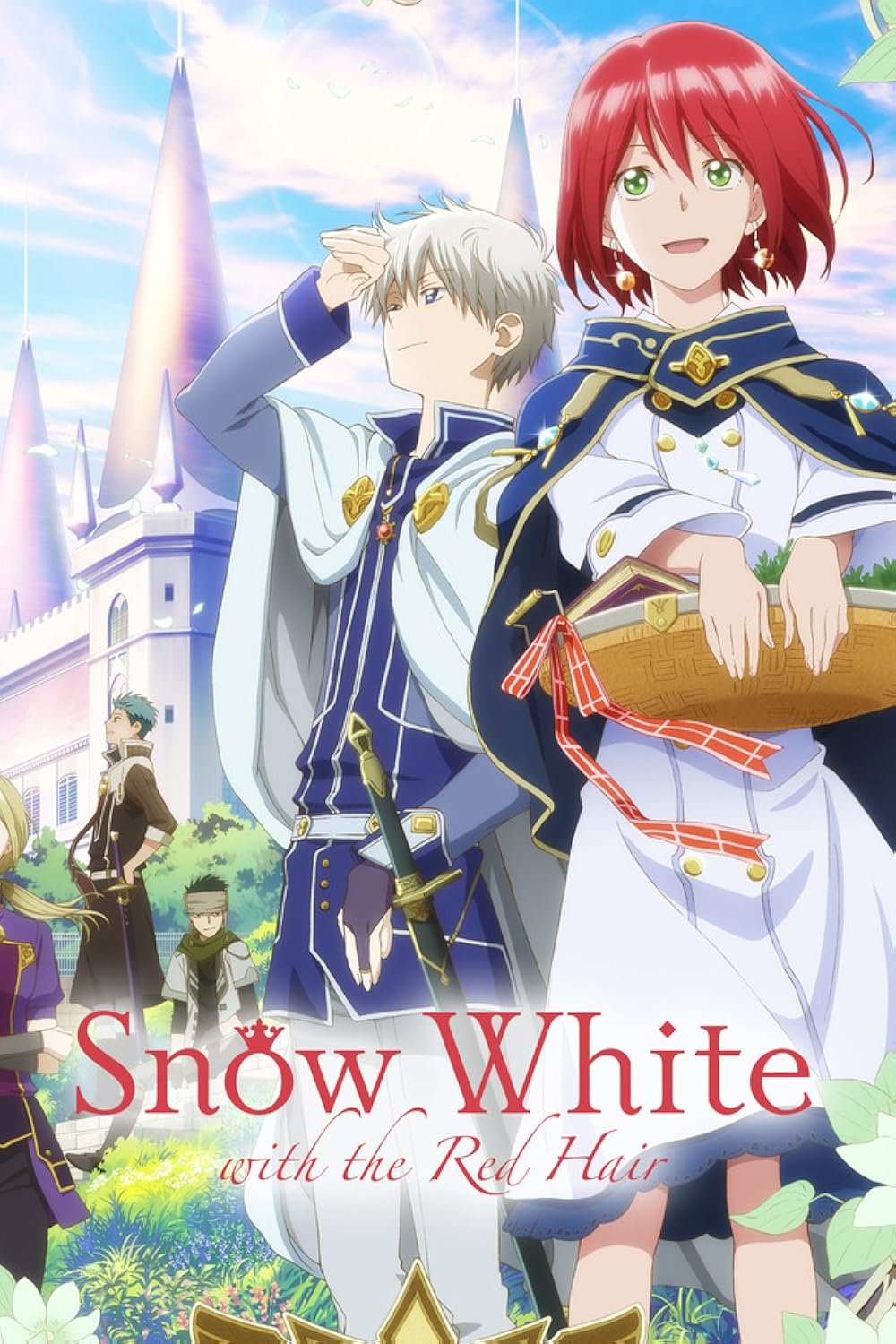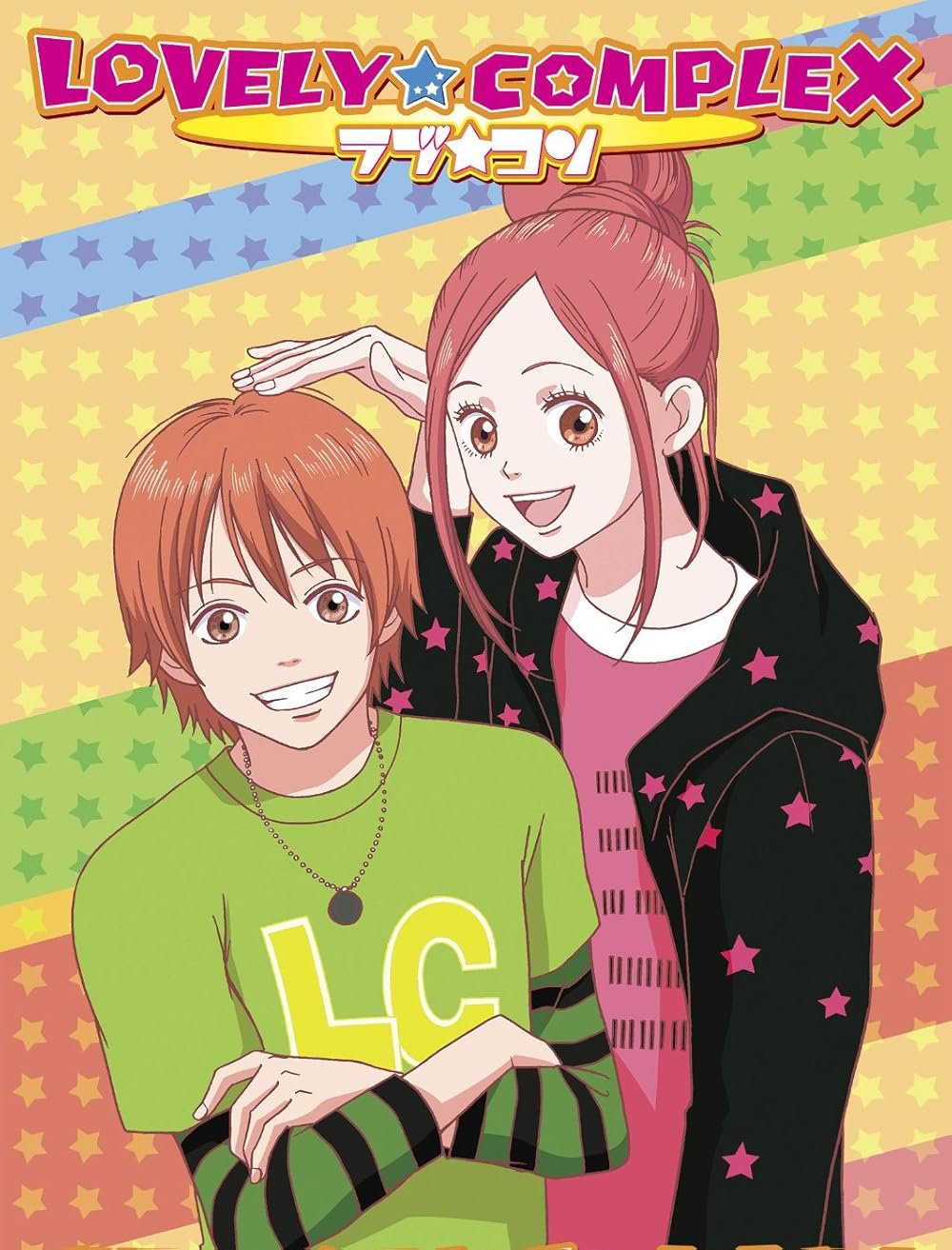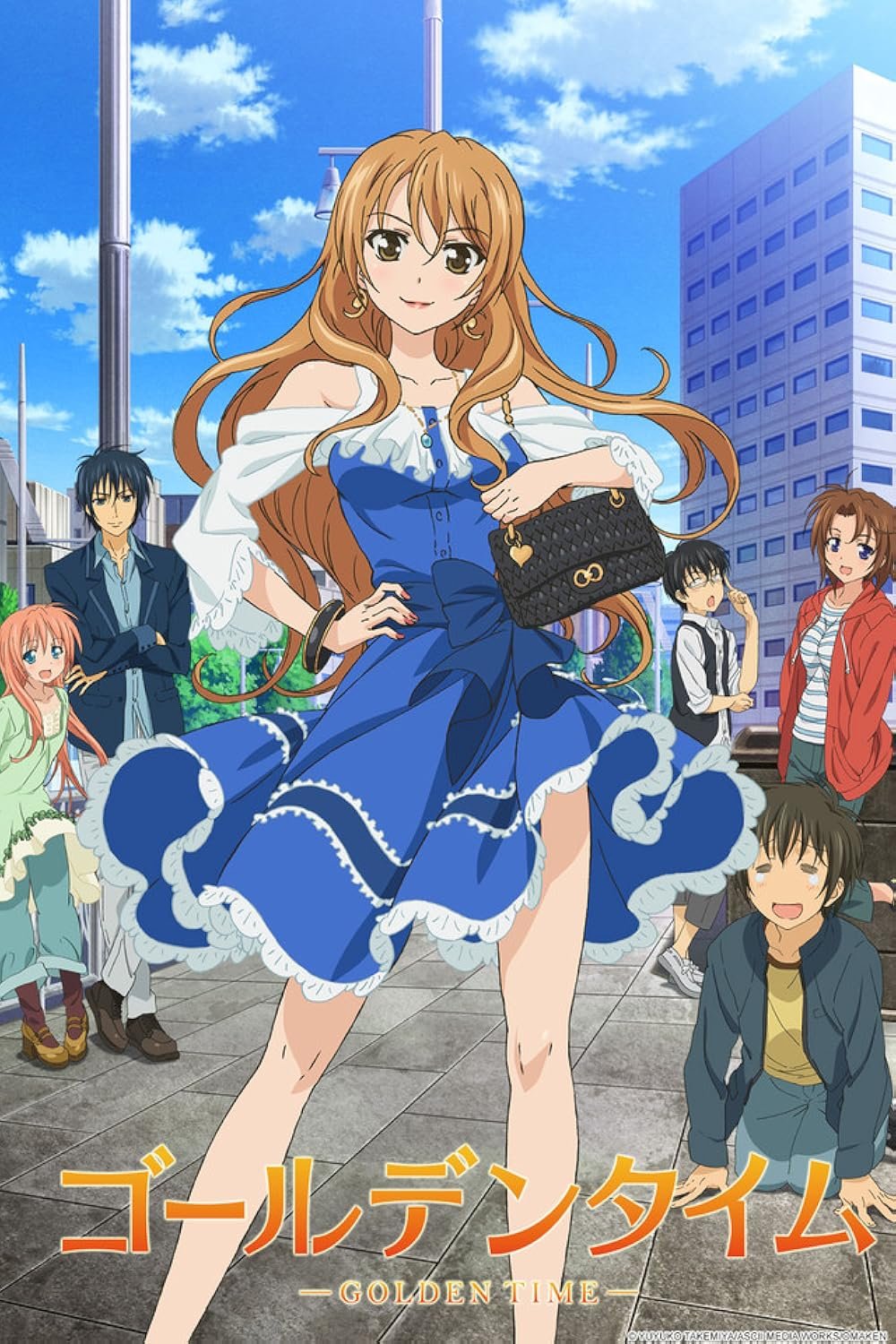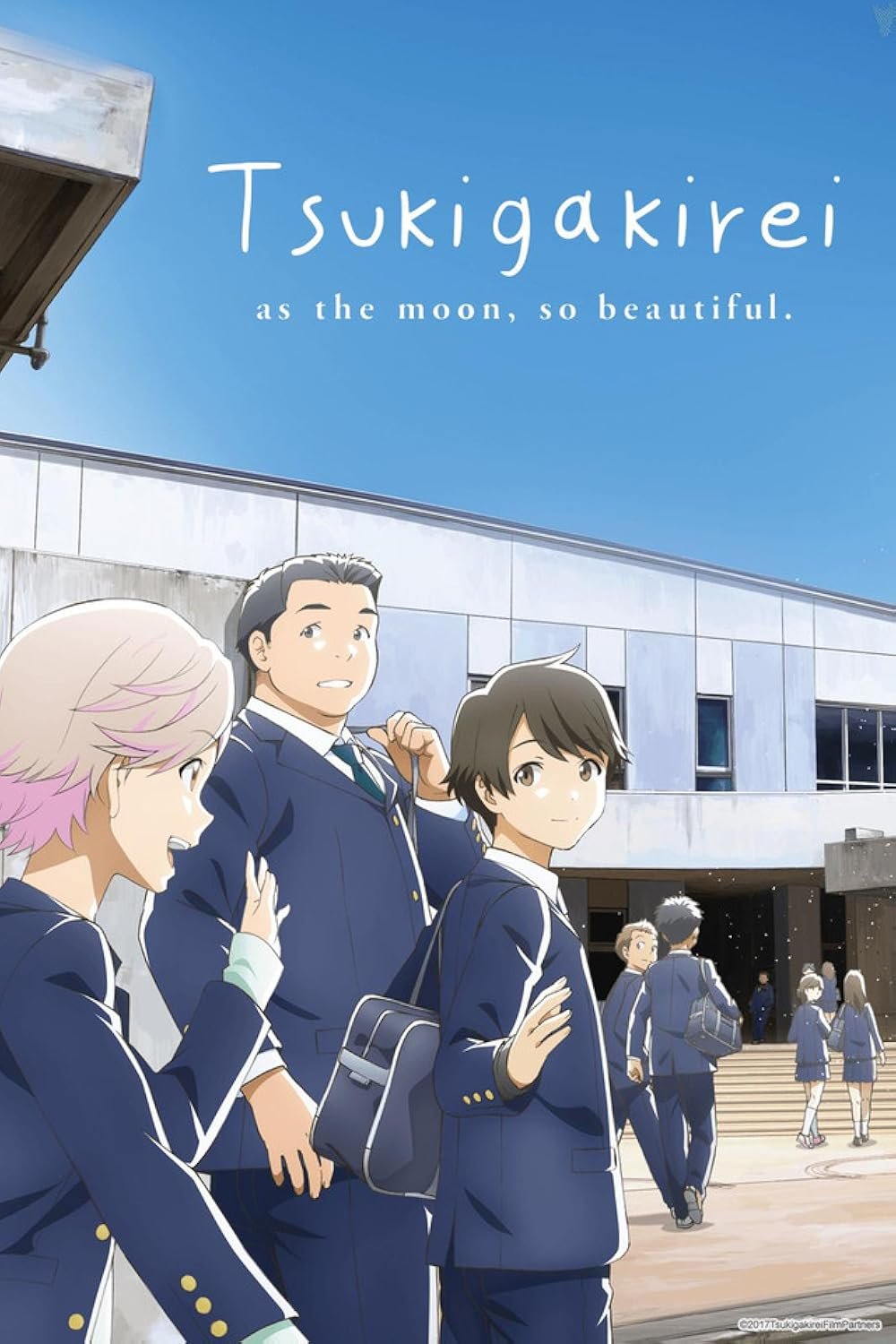The titles below celebrate romance that feels honest, from first crushes to lifelong bonds. We count down from #25 to #1, mixing quiet slice-of-life warmth, sweeping films and shows that let feelings bloom over time.
Each pick highlights a different flavor of love, whether it is slow-burn chemistry, second chances, or bittersweet distance. If you are new to these series and films, expect tender character work, memorable music and moments that stay with you long after the credits.
#25. Josee, the Tiger and the Fish
This film centers on Tsuneo and Josee, a college student and a young woman who uses a wheelchair. Their bond grows from prickly meetings into real partnership, as both push past fear and pride to chase dreams.
What makes it romantic is the way small acts matter. A seaside outing, an argument, an apology and a promise all carry weight. The story treats Josee’s independence with care while showing how love can be supportive without being controlling.
The animation brings breezes, water and night lights to life, giving the couple’s journey a gentle glow. By the end, the film argues that love grows when two people help each other move, even when it is hard.
#24. The Quintessential Quintuplets
Futaro becomes tutor to five sisters, each with her own charm and flaws. The hook is clear, but the series wins hearts by letting the romance evolve as identities, past promises and rivalries intersect. Feelings deepen slowly and payoffs are earned.
Instead of easy answers, it focuses on effort, communication and respect. Highlights include sincere confessions and quiet moments where a sister’s guard drops, revealing real vulnerability. The story also values hard work as a sign of love.
The finale brings closure to the central question while honoring the others’ growth. It is playful, but the best scenes linger because they show mutual trust and the comfort of being truly seen. That is the romance.
Comedy keeps things light, yet it never undercuts the emotional stakes. When choices are made, they feel final and kind, not cruel, which gives the ending a warm afterglow.
#23. My Love Story!!
Takeo Gouda looks like a bruiser, but he is soft at heart. When he helps Rinko Yamato, we get one of anime’s purest couples. The show flips tropes by letting them start dating early and then explores how to care for each other well.
Every episode builds on trust. Takeo’s best friend Sunakawa offers quiet support and many conflicts come from kind misunderstandings rather than cruelty. It feels like watching everyday love that still feels big.
There is humor, but the romance shines in details like handmade gifts and cheering at events. The series proves that being earnest and showing up can be wildly charming. That steady goodness is its secret strength.
#22. Teasing Master Takagi-san
Nishikata wants to outwit Takagi, but her teasing is a language of affection. Their middle school games hide small kindnesses that make the romance feel gentle and real.
Episodes often end on a beat where a joke turns into a shy truth. You see how comfort builds, day by day, until the quiet becomes home. The series respects the scale of young love, where a shared walk matters as much as a big confession. Patience pays off.
The show’s clean pacing and soft music smooth the edges, letting glances say more than words. The result is a romance that values consistency and the courage it takes to be open. Small steps count.
Even the punchlines carry heart. Teasing here means attention and attention grows into devotion when you choose the same person, again and again. That choice is the series’ quiet thesis.
By the end, what started as a game feels like a promise. The warmth lingers because the show always treats feelings with respect, not ridicule and celebrates kindness.
#21. The Dangers in My Heart
Kyotaro Ichikawa starts off withdrawn and prickly, while Anna Yamada seems out of reach. As they spend time together, jokes and small favors become genuine care. The series nails awkwardness and the rush of early feelings.
Its best trick is perspective. We hear Kyotaro’s inner voice shift from cynical to protective and we watch Anna drop her model persona to be her goofy self. Their honesty brings balance to both lives.
Romance moves through everyday moments: a bookstore visit, a shared snack, a text that means more than it should. Those tiny sparks add up to trust and trust makes the big scenes land. It is tender and sincere.
#20. Komi Can’t Communicate
Komi wants friends but struggles to speak. Tadano notices and helps, not by fixing her, but by offering steady support. Their bond grows through notes, quiet talks and group outings that feel earnest rather than staged.
What stands out is dignity. The show never treats Komi’s anxiety as a joke. It shows how patience and listening can be romantic. Tadano’s calm is a safe space and Komi’s courage lights up the people around her. They meet in the middle.
As the cast expands, the romance never gets lost. In between laughs, the two trade small promises that signal commitment. The slow pace suits them, making each new step feel earned.
The visuals sell it with simple, careful framing. A glance across a classroom can carry more emotion than a speech and the show knows when to let silence do the work.
#19. Wotakoi: Love Is Hard for Otaku
Narumi and Hirotaka are childhood friends turned coworkers whose romance runs on in-jokes and shared hobbies. It is a rare adult romcom where dates are game nights and support means giving each other space to geek out.
The show is sweetest when it explores love languages. Hirotaka’s quiet reliability and Narumi’s bubbly energy complement each other, building a stable partnership. Side couples add contrast and show different ways grown-ups connect. Communication is key.
There is no forced drama. The tension comes from balancing work, hobbies and intimacy. When they choose to prioritize each other, it lands as maturity, not melodrama. The romance feels lived-in and comfortable.
#18. Snow White with the Red Hair
Herbalist Shirayuki flees unwanted attention and meets Prince Zen, who offers respect rather than rescue. Their relationship is built on equality, as both pursue goals and refuse to clip the other’s wings. It is calm, capable romance with chivalry done right.
Political hurdles and court duties test them, but they solve problems by talking, trusting and stepping up. The show prizes integrity, making triumphs feel clean and earned. Romance here means partnership in public and tenderness in private.
The soft color palette and careful worldbuilding frame simple gestures that carry weight. A hand held in a garden, a ride through the woods, a promise spoken plainly. It all feels healthy and bright.
Supporting characters challenge and protect the bond, adding texture without stealing focus. The result is a steady flame of devotion rather than a flash fire and that steadiness charms. Slow and sure.
By the time obstacles fall away, you believe in them because the show never cheats. It celebrates mutual respect as the root of lasting love, which is rare and refreshing.
Also Read
10 phrases that sound supportive but are actually a subtle sign of manipulation
#17. Toradora!
Taiga and Ryuuji start as allies with crushes on other people. They bicker and scheme, but under the noise is deep care. The romance works because their kindness sneaks up on them and on us. It feels earned.
The show balances comedy with serious family threads, giving both leads reasons to guard their hearts. When they finally speak plainly, it lands with impact. Winter episodes, in particular, are famous for raw, honest scenes. Nothing feels easy.
Toradora! is a classic because it shows love as choosing someone’s whole life, mess and all. That choice, once made, feels permanent. The final stretch is a rush of growth and forgiveness.
#16. Horimiya
Hori and Miyamura click fast, but the romance deepens as they reveal sides of themselves no one else sees. It is a story about being known and still liked. The tone stays light while giving space to quiet insecurity.
Also Read
10 Phrases That Sound Supportive But Are Actually a Subtle Sign of Manipulation
Dates, part-time jobs and school events become chances to practice trust. Friends form a safety net, yet the couple’s private talks carry the most weight. The show values emotional honesty and that keeps it grounded. Confession is action.
Visuals shift as Miyamura opens up, mirroring his changing self-image. That arc makes the romance feel like healing rather than a makeover. It says love can be a place to rest and grow.
Even when conflicts flare, they end with sincere apologies and new boundaries. The series treats maturity as learning to listen, which makes the sweetness stick. Small progress counts.
#15. Kimi ni Todoke: From Me to You
Sawako’s shyness isolates her until Kazehaya reaches out. Their romance is patient, kind and full of firsts. The series captures how scary and thrilling it is to be known. Silence slowly becomes comfort.
Also Read
People With Low Emotional Intelligence Often Miss These 6 Social Cues
Gossip and fear fade as friendships form and Sawako learns to speak up for her own heart. When she does, the payoff is huge because every step felt fragile. The show treats gentleness as strength. Kindness wins.
Rainy scenes, festival nights and simple walks become milestones. The story glows with warmth rather than drama and that’s why it endures. You root for love that grows at its own pace.
#14. Lovely★Complex
Risa is tall, Otani is short and they turn a shared complex into a running joke that hides real feelings. The series shines because it shows how laughter can protect you and how scary it is to drop the act. Timing matters.
The road to romance is messy, with missed chances and pride getting in the way. When confessions come, they are raw and loud, true to who these two are. The payoff is joyful because both learn to risk rejection.
Also Read
8 Weird Habits You Don’t Realize You Have From Growing Up In A “We Can’t Afford It” Household
Music and summer settings amplify the highs and lows. It is a classic teen romance that treats insecurity as something you can outgrow with support. The humor never undercuts the heart. It lifts it.
A standout theme is acceptance. They stop wishing to be different and start choosing each other as they are, which is the most romantic move of all. Own your story.
By the end, the title becomes literal: what was a complex becomes a bond. Their difference turns into a shared badge and love feels easy.
#13. Golden Time
Set in college, this story follows Banri and Kouko as they navigate identity, jealousy and the shadows of memory. It treats romance as a choice you keep making, not a spell. The urban setting gives it a different, older rhythm.
Also Read
10 Phrases That Sound Supportive But Are Actually A Subtle Sign Of Manipulation
The amnesia thread tests what remains when the past pulls hard. Kouko’s intensity and Banri’s uncertainty create real friction, but the show treats conflict as an invitation to grow. When they slow down and talk, they find tender balance.
Side friendships matter, grounding the leads when things wobble. Festivals, trips and late-night walks give the couple room to breathe and reset. The romance feels volatile but sincere, which makes the highs bright. Falling and trying again.
#12. Tsuki ga Kirei
Two middle schoolers, Akane and Kotaro, start with shy glances that turn into text messages and promises. The show is quiet and observant, capturing the small panic of waiting for a reply and the calm after.
Sports, writing and family expectations pull them in different directions, yet they keep choosing each other. Scenes end on subtle beats that feel true to that age. A single word can change a week. Distance feels huge.
Also Read
8 Cringey Phrases Older Relatives Use at Family Dinners That Younger Guests Dread
The art is soft and the sound design is careful, letting footsteps and wind carry emotion. It is tender first love handled with respect, right down to a finale that embraces hope.
It argues for steady effort over grand gestures. Every plan they make and keep becomes a brick in something lasting. That is romance.
